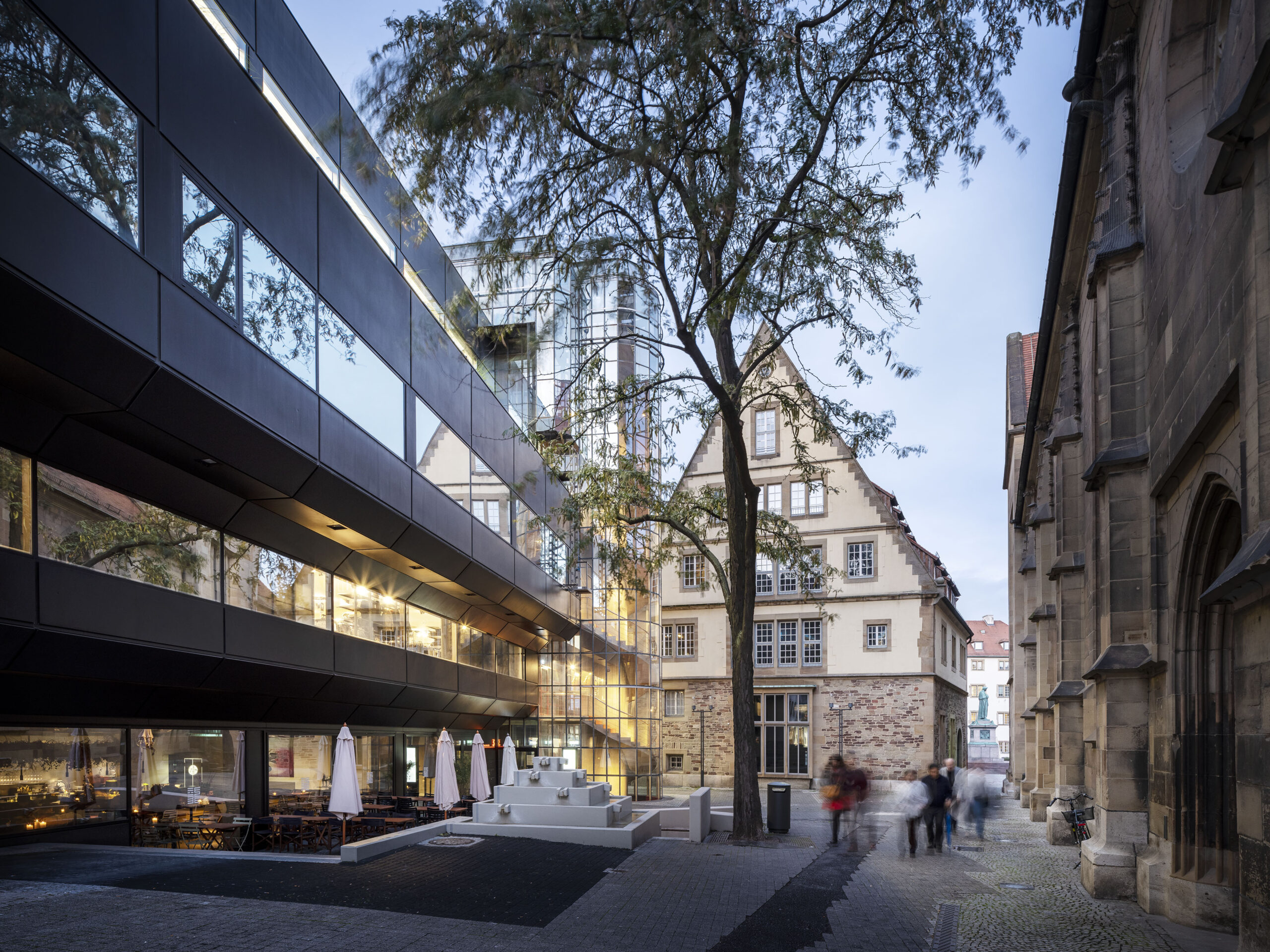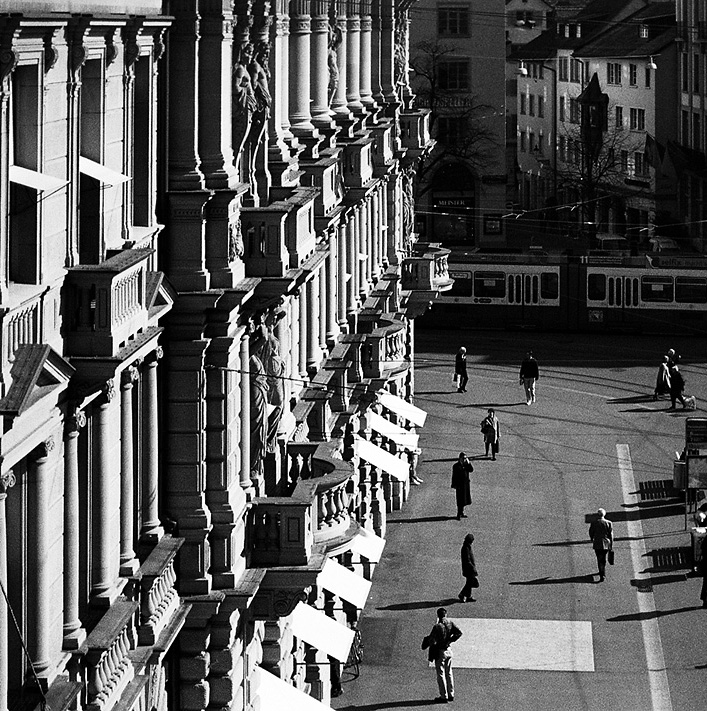DTS Patent- und Rechtsanwälte
DTS ist eine international tätige Patent- und Rechtsanwaltskanzlei mit Sitz in München und einem weiteren Standort in Stuttgart. Die rechtliche Absicherung, Durchsetzung und Verteidigung technischer Innovationen und kreativer Leistungen bildet den fachlichen Schwerpunkt von DTS.
Als Zusammenschluss von Patent- und Rechtsanwälten bieten wir Ihnen eine umfassende und kompetente Beratung und Vertretung in allen Schutzrechtsangelegenheiten. Dies reicht von der Ausarbeitung von Patentanmeldungen über die Anmeldung und Verwal
Weitere Schwerpunkte unserer Tätigkeit stellen die Durchführung von patentrechtlichen Einspruchs- und Nichtigkeitsverfahren, die Assistenz bei der Entwicklung von Patentstrategien und die arbeitnehmererfinderrechtliche Beratung dar.
In 2023 und 2022 wurde DTS Patent- und Rechtsanwälte von der Financial Times zum wiederholten Male als eine der führenden Patentanwaltskanzleien in Europa ausgezeichnet!



DTS Standort München
Brienner Strasse 1
D‑80333 München
Deutschland
T: +49–89-21 99 96–0
F: +49–89-21 99 96–99
E: dts@dts.law

DTS Standort Stuttgart
Am Fruchtkasten 3
D‑70173 Stuttgart
Deutschland
T: +49–711-99 79 30–0
F: +49–89-21 99 96–99
E: dts@dts.law
Kooperation mit DTS Zürich
Die Technologie- und Finanzmetropole Zürich ist das Zentrum der Schweiz für das Management von internationalen Patent- und Markenportfolios sowie entsprechender lizenzrechtlicher Transaktionen und Strukturen.
In Kooperation mit DTS ZÜRICH betreut DTS Schweizer nationale Anmeldungen vor dem Institut für Geistiges Eigentum in Bern (IGE), der WIPO in Genf und dem EPA in München. Daneben kooperiert DTS mit DTS ZÜRICH bei dem Aufbau und der Gestaltung von internationalen Schutzrechtsportfolios sowie der vertraglichen Gestaltung und dem Management bei der Lizenzierung in anderen Ländern. Über die Kooperation mit DTS ZÜRICH deckt DTS damit den gesamten europäischen Schutzrechtsmarkt ab.

DTS Zürich
Bahnhofplatz 1
CH-8001 Zürich
Schweiz
T: +41–43-499 40–80
F: +41–43-499 40–88
E: zurich@dts.law
